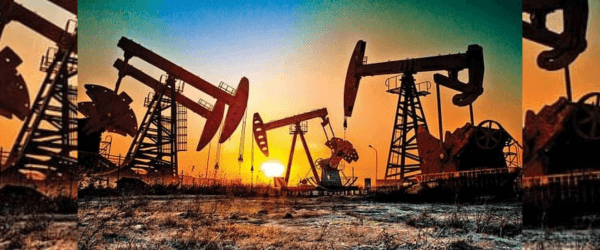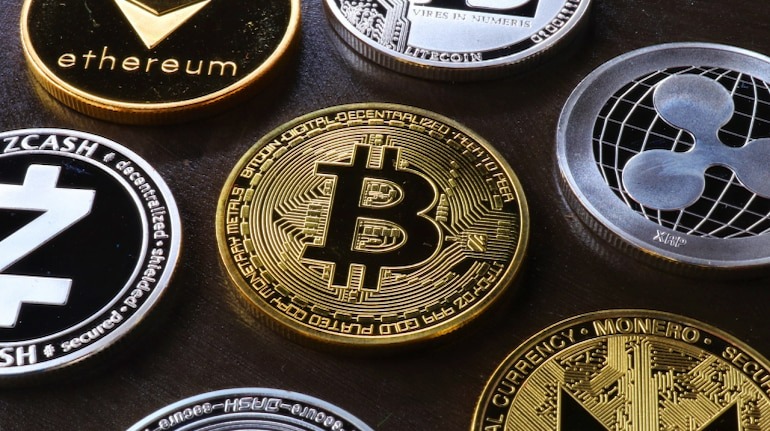
Western Asia and Russia are the major exporters of crude oil. The prices of oil are dictated by the Oil Producing Exporting Countries ie OPEC. OPEC had raised the prices of crude oil suddenly in 1973 in the event of the Yom-Kippur War. So, the USA and Western European countries underwent the stagflation phase.
Stagflation means a rapid increase in inflation and a decline in the GDP. So, it is observed that any political instability in Western Asia and Russia would suddenly change the prices of crude oil. Drastic changes in the prices of crude oil were adversely affecting the global economy. So, the USA had learnt a lesson from it. It had developed its crude oil policy. The USA started to purchase crude oil when the prices of crude oil were low in the international market. To store the extra crude oil, which was purchased when oil prices were low, the USA had built a bunker in the Alaska region. Here the USA used to store crude oil when prices of oil were low. This prevented the USA from the oil shocks. As the supply of oil stabilized, the USA could easily manage the inflation in the economy.
Similarly, China also purchased excess crude oil when the prices were low in the international market. The extra oil purchased by China is then stored in the big ships which are floating in the ocean. Thus, China also manages the supply of crude oil in their domestic economy.
On the other hand, India does not have any crude oil policy. India cannot purchase extra crude oil when oil prices are low in the international market as she doesn’t have the capability to store excess crude oil.
To conclude, to avoid an adverse impact on the current account, we should have a crude oil policy like the USA and China.


